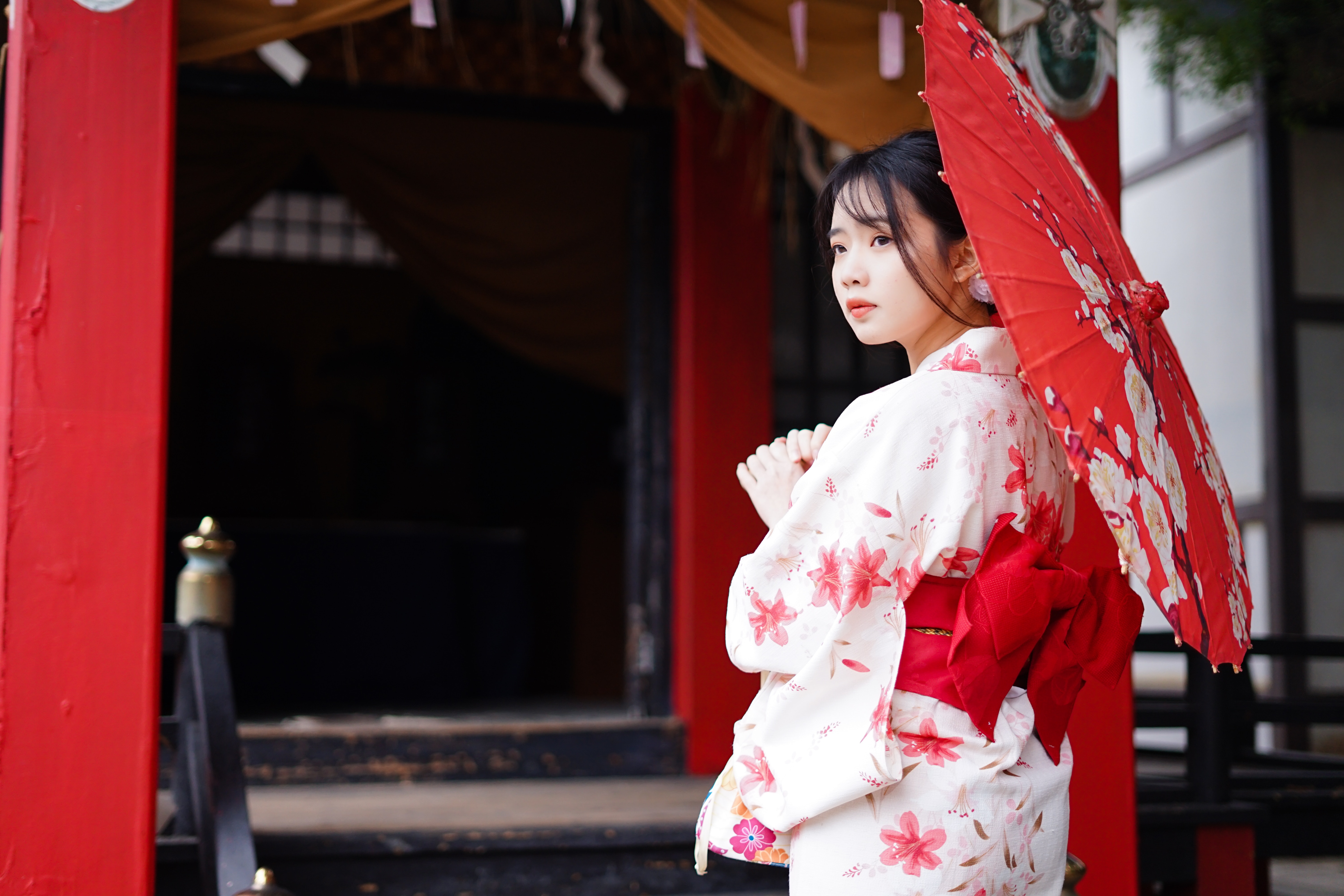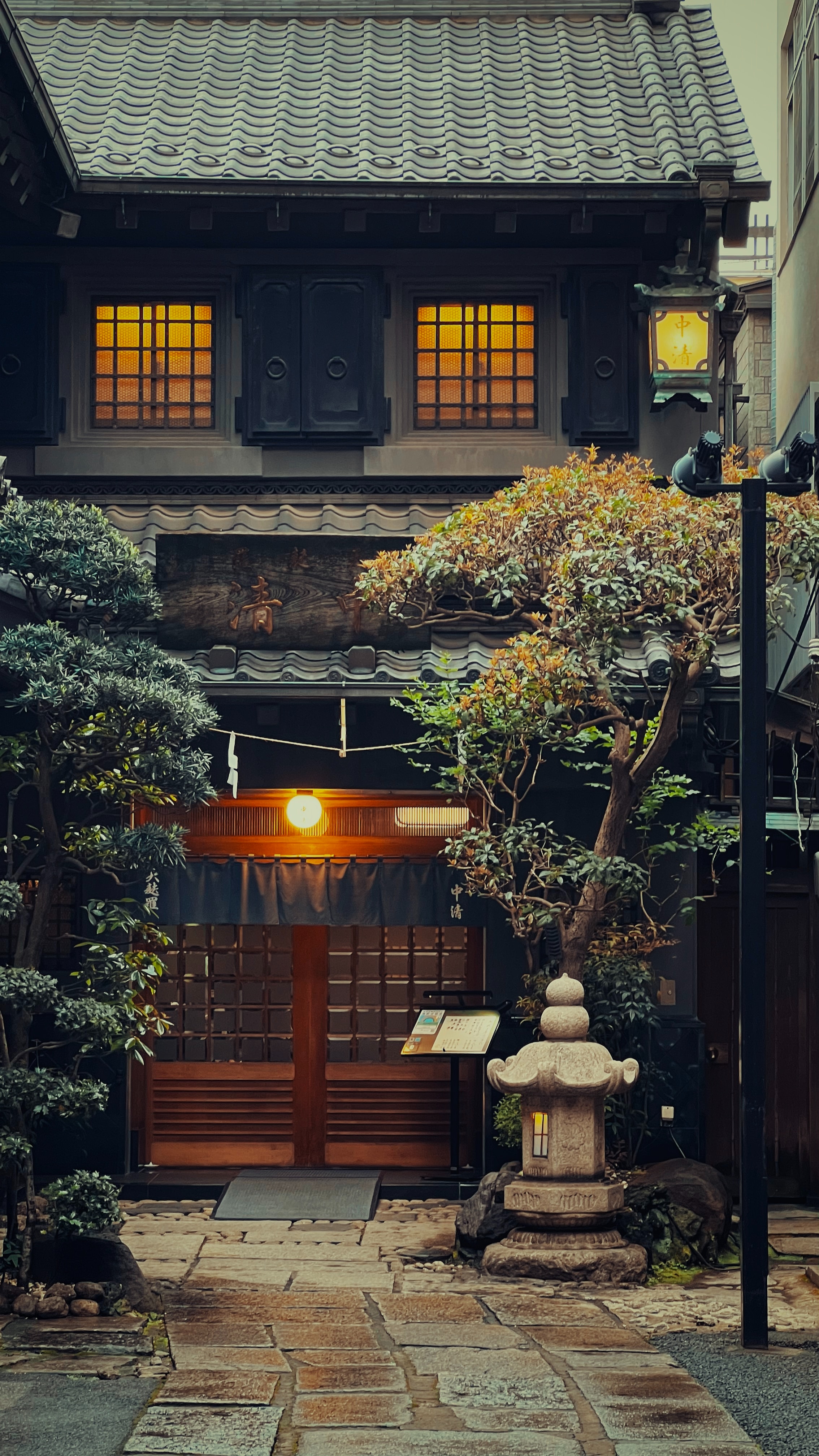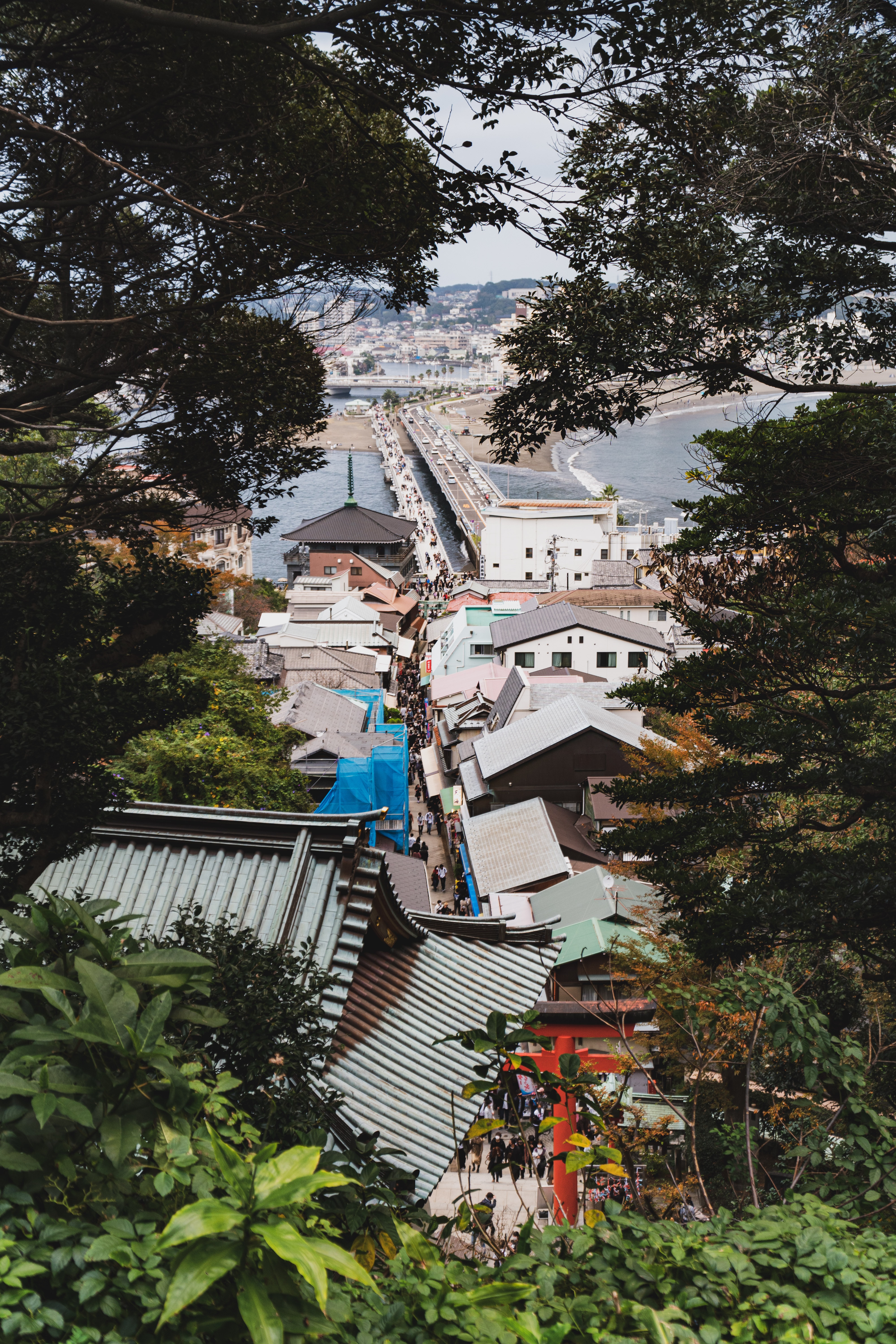
Regan (reegan) in Japanese
Regan in Katakana
レエガン
Regan in Romaji
reegan
Regan in Hiragana
れえがん
The name Regan in Japanese Katakana is レエガン which in romaji is reegan. Katakana is the standard translation for names into Japanese, Regan in Japanese Hiragana, the non-standard translation for names into Japanese, is れえがん.
How do you write Regan in Japanese Kanji?
The closest sounding kanji name that sounds similar to "Regan" is 鈴音 (Rei-ga-n), which is pronounced "ray-gah-n". The kanji characters mean "bell sound".
The western meaning of the name Regan is "little king". The closest matching Kanji name based on this meaning is 王子 (ō-ji), which means "prince". The pronunciation of this name is o-u-ji.
Get the inside scoop on life and travel in Japan
Names similar to Regan
megan megan
メガン Learn More
reagan reegan
レエガン Learn More
maegan megan
メガン Learn More
meagan megan
メガン Learn More
meggan megan
メガン Learn More
meghan megan
メガン Learn More
meghann megan
メガン Learn More
raeann reian
レイアン Learn More
reginald rejinarudo
レジナルド Learn More
delano derano
デラノ Learn More
emanuel emanyueru
エマニュエル Learn More
eran eran
エラン Learn More
evan eban
エバン Learn More
evangelina ebanjeriina
エバンジェリイナ Learn More
evans ebansu
エバンス Learn More
gani gani
ガニ Learn More
hemant hemanto
ヘマント Learn More
leandra riandora
リアンドラ Learn More
leann rian
リアン Learn More
leanna rianna
リアンナ Learn More
leanne rian
リアン Learn More
leanora renoora
レノオラ Learn More
leeann rian
リアン Learn More
leeanna rianna
リアンナ Learn More


